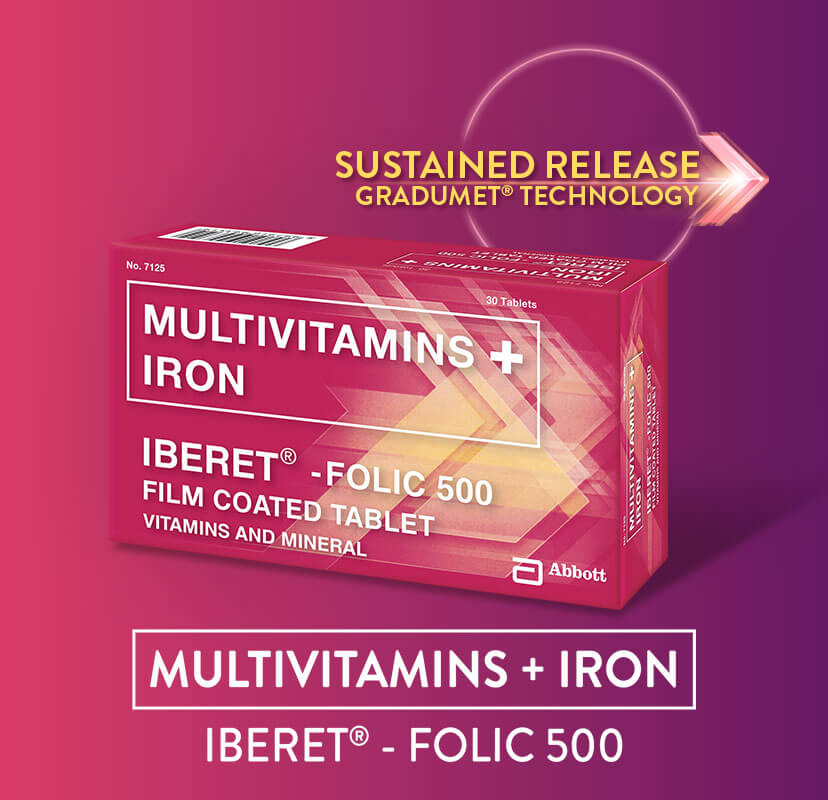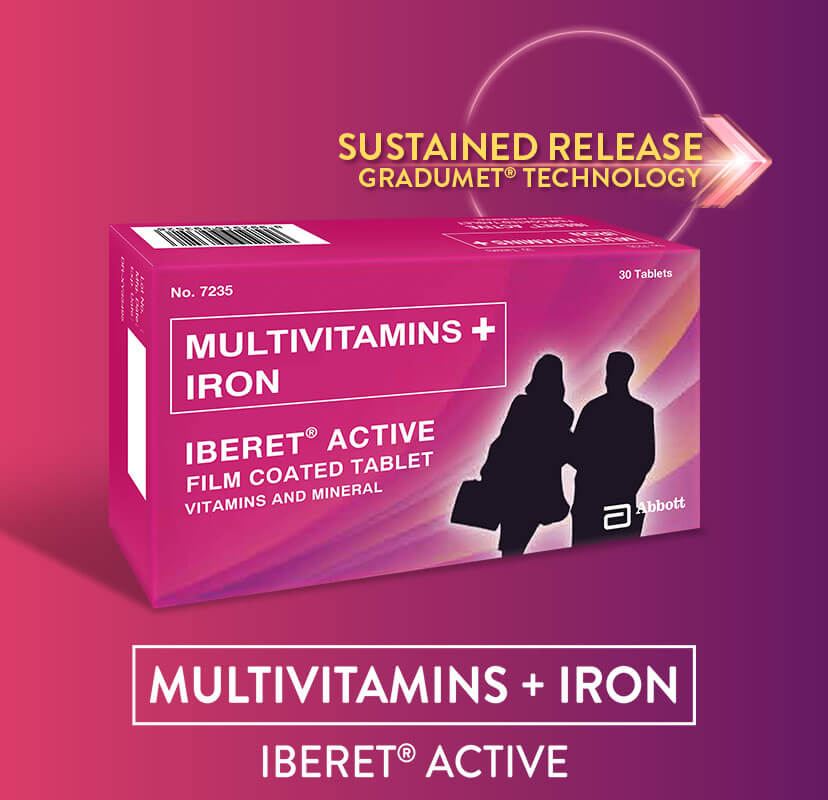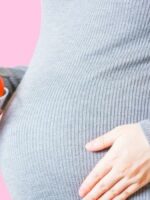Pregnant women need 300 kcal extra per day in the second and third trimesters, i.e., 2500 -2700 kcal per day.1 You should eat a variety of foods so that all nutrient demands are met.
The following table gives an overview of the nutrients required for a healthy pregnancy:2,3
| KEY NUTRIENT | ROLE IN PREGNANCY | FOOD SOURCES |
|---|---|---|
| Iron Requirement per day : 27 mg |
Heart health of the child in adulthood. Prevents anemia. Required for fetal growth and development and overall healthy pregnancy. | Meat, fish, legumes and green leafy vegetables. |
| Folate Requirement per day : 400 mg |
Prevents anemia, neural tube defects. Required for placenta development, heart health. | Meat, poultry, fish, soy, milk, eggs, whole grains, and enriched breads and cereals |
| Calcium Requirement per day : 1-1.3 g |
Bone health, healthy birth weight, appropriate blood pressure. | Leafy green vegetables, legumes, egg yolk, liver, and citrus fruits. |
| Vitamin D Requirement per day : 200-600 IU |
Fetal growth and healthy pregnancy. | Cod liver oil, fish, eggs, butter and cheese. Exposure to sufficient sunlight. |
| Iodine Requirement per day : 220 mg |
Thyroid health, healthy pregnancy, fetal growth and development. | Fish, shellfish, fruits, vegetables, milk, eggs and meat. |
| Docosahexaenoic acid (DHA) Requirement per day : 100-200 mg |
Brain and eye development, overall maternal and fetal health. | Fish and algae. |
According to WHO recommendation, all pregnant women should take iron and folic acid supplements.4 Calcium supplements are recommended for women with a low intake of dietary calcium.4 Vitamin D supplements are needed for women from countries with little to no sunlight.4 A regular diet meets the daily iodine needs and therefore iodine supplementation is not necessary for pregnant women.5 DHA, a fatty acid, is produced in low amounts by our body. It is obtained mainly through fish in the diet. Therefore, supplementation is required for pregnant women on a fish-free diet.6
Let nutrient deficiency not be one of your worries. Multivitamins + Iron (Iberet® -Folic 500) has been designed with this precise purpose. It has iron, folic acid, vitamin C and vitamin B complex for a healthy pregnancy.
Reference:
1Kaiser LL, Allen L. Position of The American Dietetic Association: Nutrition and Lifestyle for a Healthy Pregnancy Outcome. J Am Diet Assoc. 2002;102(10):1479-1490. doi:https://doi.org/10.1016/S0002-8223(02)90327-5.
2Danielewicz H, Myszczyszyn G, Dębińska A, Myszkal A, Boznański A, Hirnle L. Diet in pregnancy-more than food. Eur J Pediatr. 2017;176(12):1573-1579. doi:10.1007/s00431-017-3026-5.
3Marangoni F, Cetin I, Verduci E, et al. Maternal Diet and Nutrient Requirements in Pregnancy and Breastfeeding. An Italian Consensus Document. Nutrients. 2016;8(10):629. doi:10.3390/nu8100629.
4WHO Recommendations on Antenatal Care for a Positive Pregnancy Experience. World Health Organisation; 2017.
5Harding KB, Peña-Rosas JP, Webster AC, et al. Iodine supplementation for women during the preconception, pregnancy and postpartum period. Cochrane database Syst Rev. 2017;3(3):CD011761. doi:10.1002/14651858.CD011761.pub2.
6Melina V, Craig W, Levin S. Position of the Academy of Nutrition and Dietetics: Vegetarian Diets. J Acad Nutr Diet. 2016;116(12):1970-1980. doi:10.1016/j.jand.2016.09.025.







